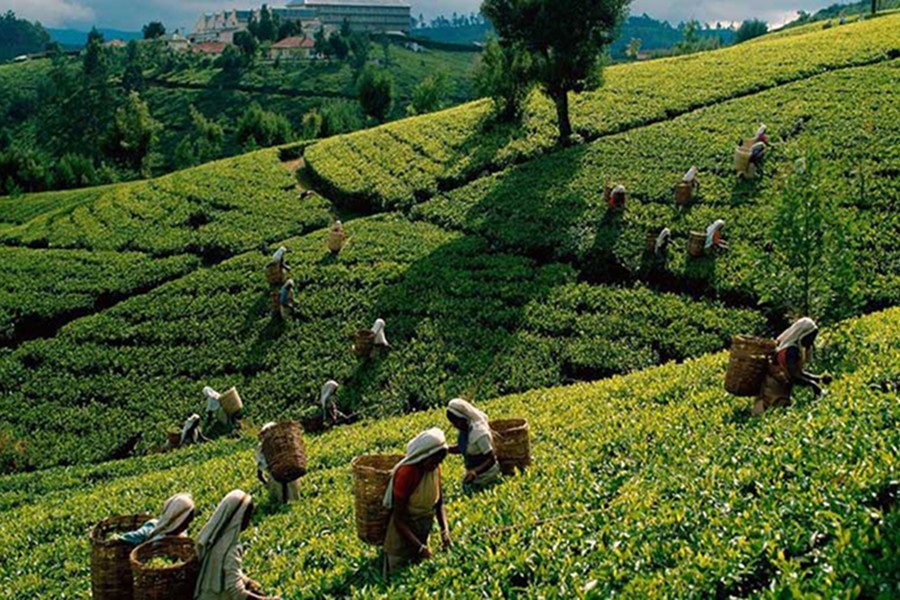
Published :
Updated :

The Bangladesh Tea Association (BTA), the apex trade body of tea producers, has requested the government to allocate 1,800 tonnes of wheat at a subsidised rate for tea industry labourers in the next fiscal year 2023-24, according to sources.
The BTA recently submitted a written appeal to the food ministry, urging the authorities to take necessary steps to allocate the aforementioned amount in the upcoming national budget.
In the current fiscal year 2022-23, the government has allocated 1,800 tonnes of wheat at a rate of Tk 19 per kg for the tea sector.
BTA Chairman M Shah Alam mentioned in the letter that tea producers distribute wheat to their workers at Tk 2.0 per kg and provide a subsidy of Tk 20.50.
He wrote that the global demand for tea is lower than anticipated, and various production costs such as labour wages, production materials, electricity, gas, and fertiliser prices have significantly increased.
Considering these challenges, the chairman expressed concerns about bearing the higher rate of subsidy. Consequently, he requested the allocation of wheat at Tk 19, similar to FY23's rate.
The country's tea sector holds a prioritised status under the National Industrial Policy-2016.
As per the commerce ministry, the government has set a target to increase tea production to 140 million kg by 2025, aiming to meet the country's growing demand and expand exports.
In 2020, Bangladesh produced nearly 86.39 million kg of tea, which increased to over 96.50 million kg in 2021.
However, tea production declined to 93.829 million kg last year, according to the Bangladesh Tea Board (BTB). The volume of exports in 2022 was 0.78 million tonnes.
Tea estates house more than 115,000 permanent workers and over 0.35 million dependents.
The domestic demand for tea is rapidly rising due to urbanisation, changing consumer preferences, and population growth.
Market diversification is crucial for enhancing tea production and its role in contributing to the national export earnings, as highlighted in a review conducted by the Bangladesh Bank.
Despite its long history mainly as a tea exporter, Bangladesh has begun importing the popular commodity in recent years.
The United Arab Emirates, Pakistan, the USA, Saudi Arabia, Kuwait, Bahrain, Japan, and China are key tea buyers for Bangladesh.
rezamumu@gmail.com


 For all latest news, follow The Financial Express Google News channel.
For all latest news, follow The Financial Express Google News channel.